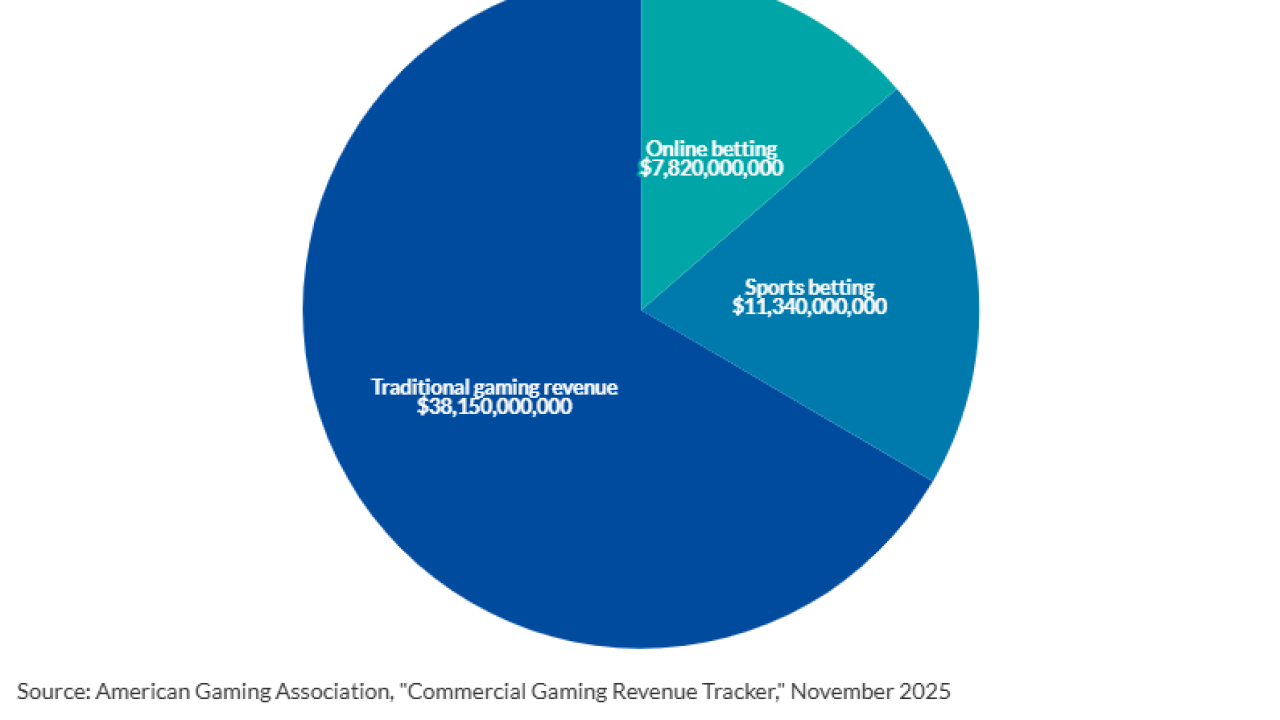Auditors with uncommon first names tended to take a divergent approach to the rules, reducing earnings comparability, according to a new study.
The study examines whether audit partner individualism reduces earnings comparability in the United States and argues that individualistic audit partners are more likely to deviate from internal working rules and allow clients more flexibility in making accounting choices, thus decreasing their clients' earnings comparability. The
He and his fellow co-authors, Yinghua Li of Arizona State University and Dechan Wang of Texas A&M University, employed an innovative partner-level measure of individualism based on whether they were among the top 50 most common first names in the Social Security Administration database for their gender. They analyzed filings from nearly 3,000 public companies from 2016-2020.
They found that within individual Big Four audit firms, earnings were less comparable between a company audited by an individualistic partner and a company audited by a non-individualistic partner, compared to a pair of companies that were each audited by a non-individualistic partner.
They did various types of analysis and found that the effect of partner individualism was less salient when the audit firm is under more stringent regulatory monitoring and when clients are more important, but more salient when individualistic partners are more confident about being different.
The study did not necessarily find that the individualistic auditors were incorrect just because of the comparability differences. "In many cases, better comparability is a good thing. But truthful representation is more important," Kim told
The researchers did further analysis, controlling for differences in partners' cultural backgrounds and using client-pairs audited by the same audit partner.
"Collectively, our study provides novel evidence on the role of auditor individualism in earnings comparability," they concluded.





